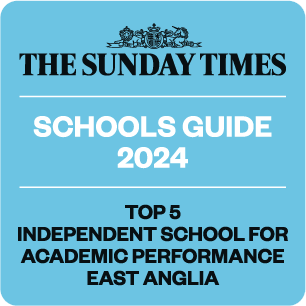Hello everyone,
Welcome to my blog which, as ever, marks the end of an extremely busy first term of the school year. With so much extra happening in school and perhaps at home too, this time of year can be a challenge for some of us. Many of us enjoy winter and Christmas, and some of us don’t – and that’s ok. We are all different. We have different life situations, experiences, likes and dislikes and I think that, to get the most out of times like holidays and Christmas, it’s important to be honest with ourselves about what works for us, what doesn’t, what we enjoy and what we don’t. In my experience, even the situations that we find the most difficult can somehow be a little easier to face if we’ve accepted that they might not be easy, so that we can feel more emotionally prepared for that possibility.


